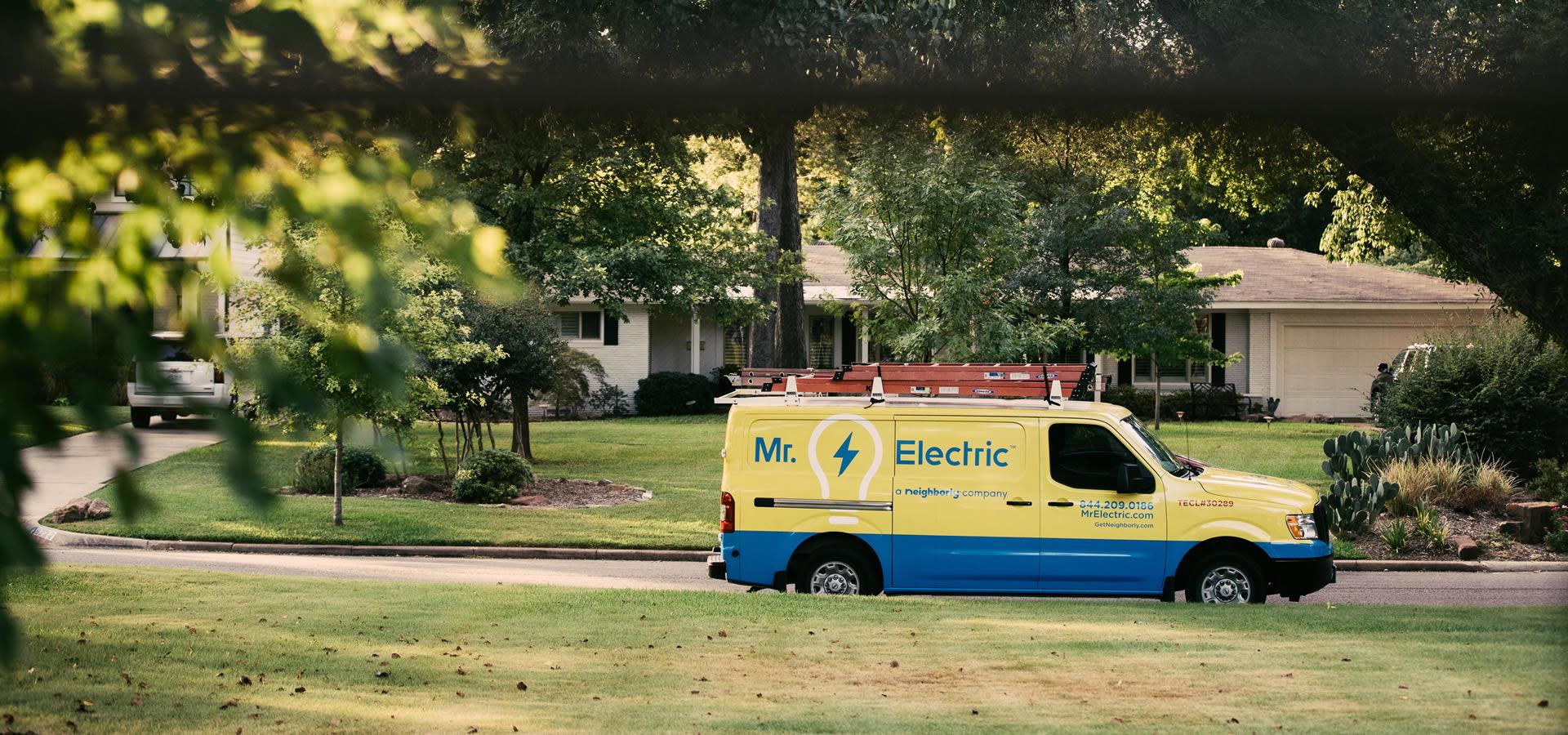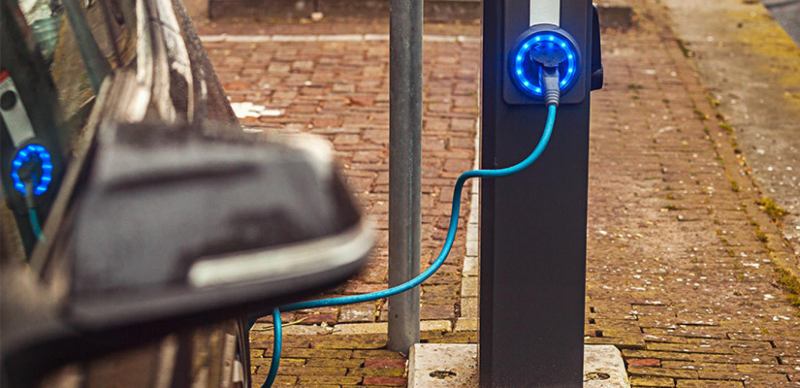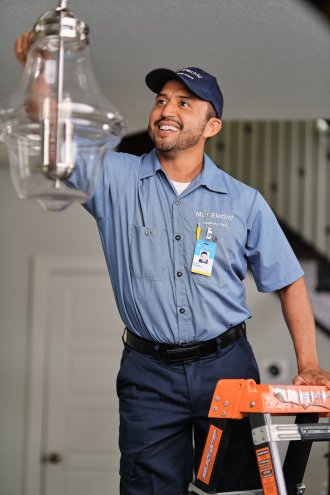How Electric Cars Work
Electric vehicles are making a strong comeback as gasoline prices surge and environmental concerns captivate the world. If you already own an electric vehicle or are looking to put your order in, then you might be wondering how these magnificent vehicles operate. Fortunately, they have fewer moving parts than a gas-powered vehicle, meaning understanding how an electric car works will be simpler than understanding how an internal combustion car works. In this brief article brought to you by Mr. Electric of Katy & Houston, we will summarize how electric cars work. If you ever need EVSE installers, you can put your faith in the professionals at Mr. Electric.
The Batteries
As you know, electric vehicles draw their power from a large battery installed in the vehicle. This battery can range in size, depending on the make and model of your car, but the average capacity is around 40kWh while top-of-the-line options have up to a 100kWh capacity. A higher capacity means a longer driving range.
The Inverter
Electric currents come in two main types: direct current and alternating currents. Batteries supply electricity with a direct current, and the inverter converts this direct current into an alternating current, which is the preferred current for many electronics and devices. There are other components such as the converter and controller which also adjust the type and strength of electrical currents running through the electric vehicle.
Electric Motor
The electricity from the batteries is adjusted by the inverter and sent to the electric motor as your foot presses the accelerator. Depending on how hard you press, the controller directs a certain amount of power to the motor, which in turn drives the wheels. When the brakes are pressed, or when the car is decelerating, the motor acts as an alternator and produces power to be sent to the battery.
Drivetrain
The drivetrain is what sends the power from the motor to the wheels of the car. While internal combustion vehicles have multiple gears, the electric vehicle has a single-speed transmission.
Charge Ports
The motor acts as an alternator and charges the battery when the vehicle is braked or decelerating, but this energy will not be sufficient. That is, the electric vehicle is NOT self-sustaining. Most electric vehicles have a range of between 200 and 400 miles. You must charge the battery regularly. There are three main types, or levels, of charging.
When you purchase a vehicle, you will probably be given a three-pronged charging cable that can connect to the vehicle. This can be connected to your outlet at home, but this level 1 charging option is slow. While level 1 chargers can take 8 to 10 hours to charge, level 2 chargers can "fill the tank" in only a few hours. These require higher voltage and your outlets may have to be adjusted to allow this power.
The final level of EV charging, level 3, offers a full charge in less than an hour! Unfortunately, these are generally unavailable in residential areas.
Want to Upgrade Your Charging Station?
If you are looking for EVSE installers in the Katy & Houston area, then call Mr. Electric. We offer reliable and affordable EV charging station installation services. Call now to speak with a friendly representative and get your free price estimate upfront.







